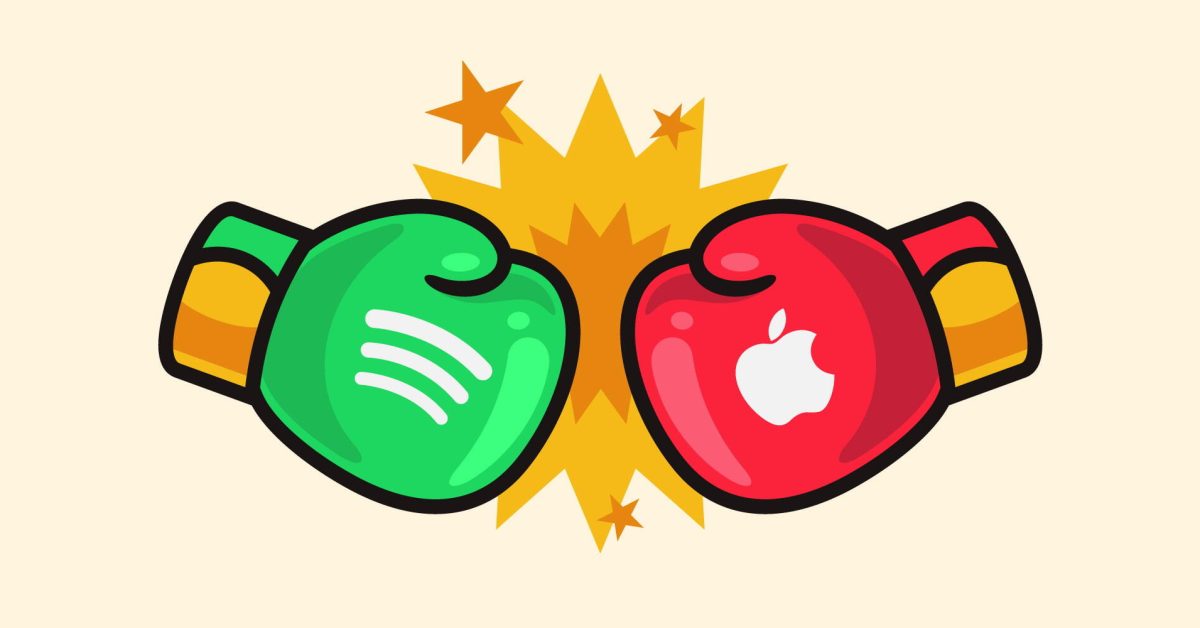Digital Revolt: How Spotify and Patreon Are Outsmarting Apple's App Store Fees

In a bold move challenging Apple's App Store fees, Spotify and Patreon are proactively developing innovative solutions to circumvent the tech giant's controversial 30% commission. Both companies are preparing strategic app updates that will provide users with alternative payment methods, effectively sidestepping Apple's hefty in-app purchase requirements.
These digital platforms are taking a stand against what they perceive as an unfair pricing structure, empowering creators and users to retain more of their hard-earned revenue. By introducing direct payment options outside of Apple's ecosystem, Spotify and Patreon aim to give content creators and subscribers more financial flexibility and control.
The updates represent a significant pushback against Apple's long-standing App Store policies, signaling a potential shift in how digital platforms negotiate commission structures with major tech gatekeepers. As these companies seek to protect their economic interests, they are also highlighting the ongoing debate about fair pricing and platform monopolies in the digital marketplace.
